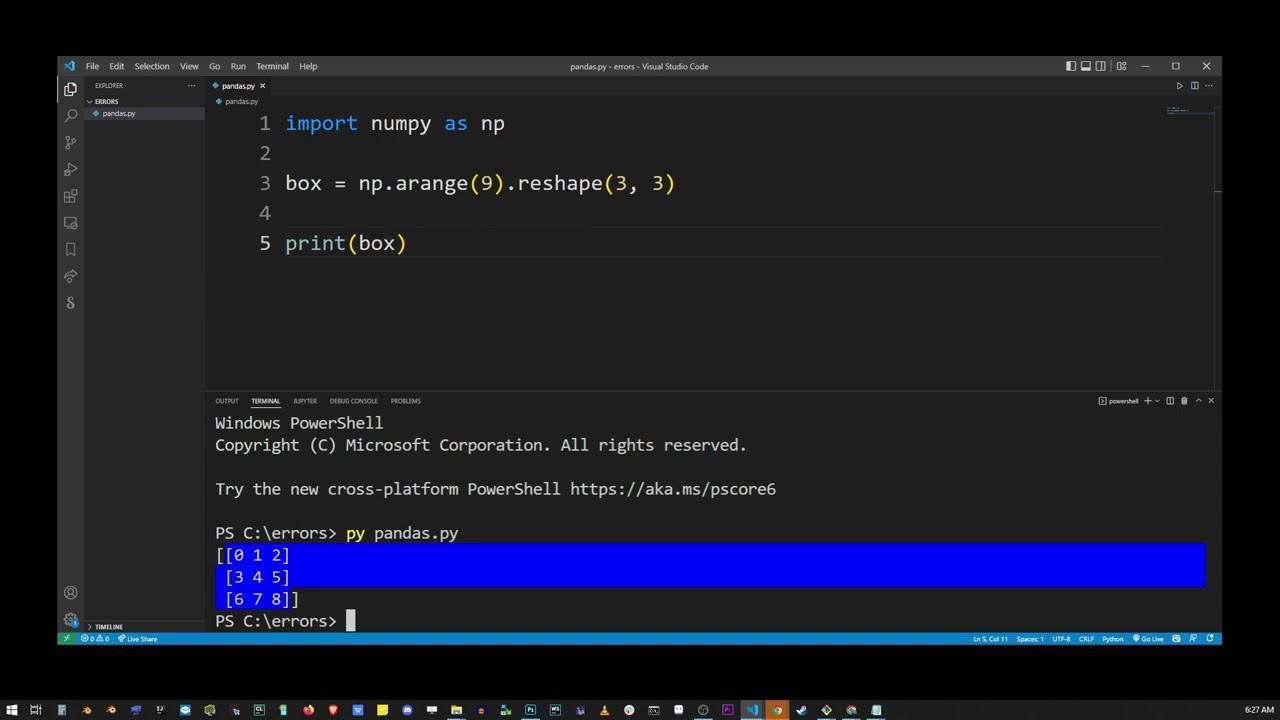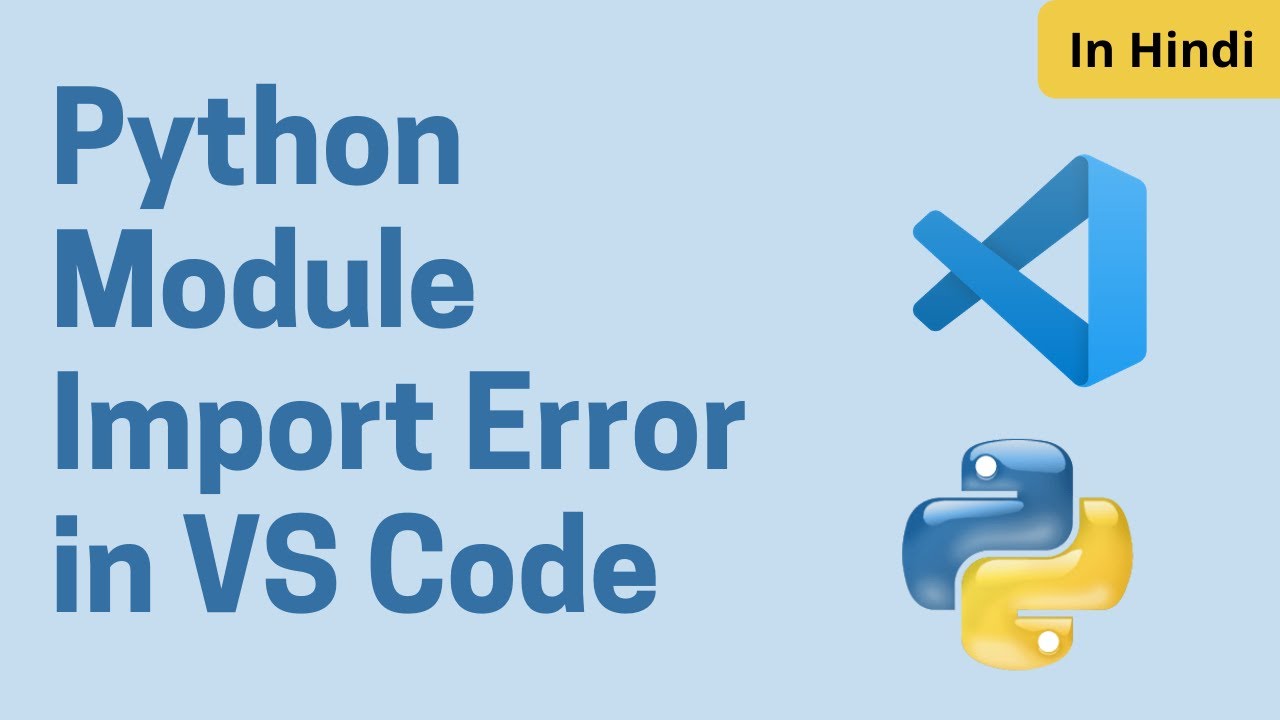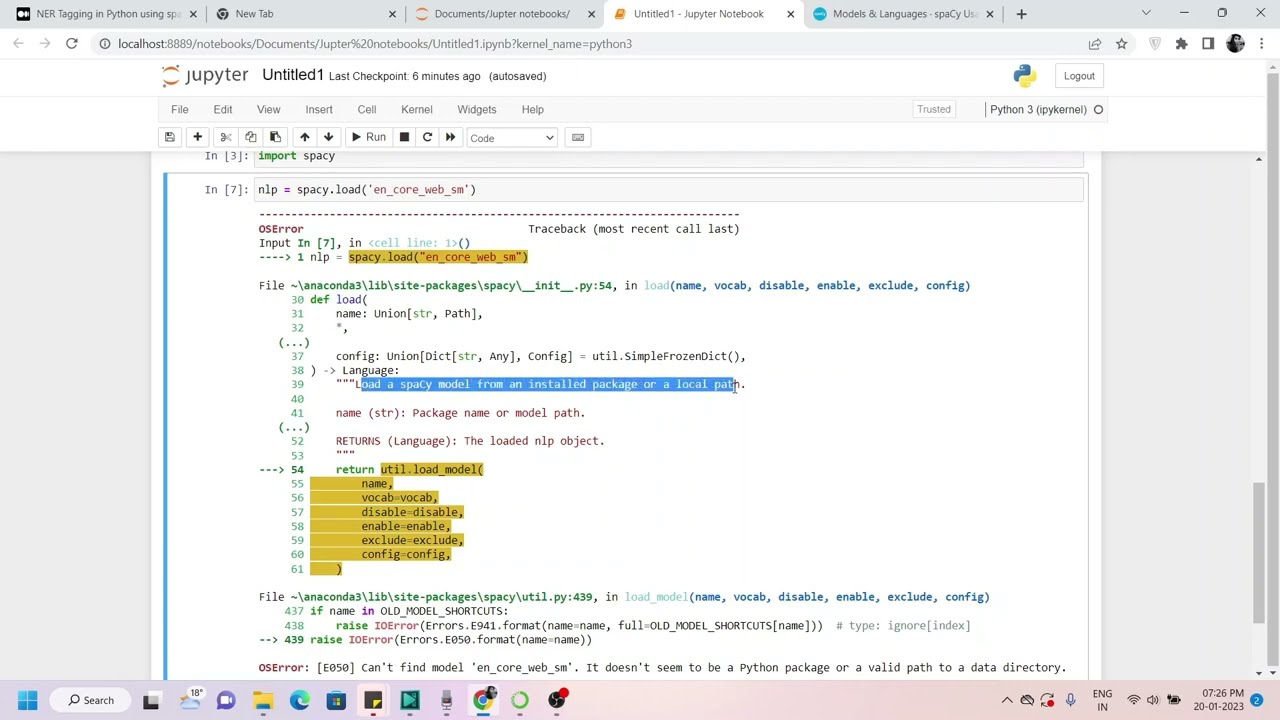How to solve modulenotfounderror no module named ‘marisa-trie’ in python

When working with Python, one may encounter the frustrating error ModuleNotFoundError: No module named ‘marisa-trie’. This error typically arises when a specific package or module is not installed in your Python environment. In this article, we will explore the potential causes of this error, and most importantly, we will address how to solve the issue effectively.
Understanding the ModuleNotFoundError
The ModuleNotFoundError is an exception raised by Python when it cannot locate a module or package. This can occur for several reasons:
- The module has not been installed in the current environment.
- The module name is incorrectly spelled.
- The Python interpreter is not configured to use the correct Python environment.
- The module is located in a different directory that is not included in your Python path.
In the case of ‘marisa-trie’, developers may face this challenge particularly when working with projects that heavily rely on efficient data structures for handling dictionaries or retrieval tasks. Marisa-Trie is a Python library that implements a memory-efficient trie structure for storing strings and strings-related operations.
Identifying the Installation Issue
Before troubleshooting further, it’s crucial to ensure that the module is indeed missing. You can verify this in various ways:
- Open your terminal (command prompt) and type
pip listto see if marisa-trie is listed. - Alternatively, try importing it directly by running
pythonin your terminal and then typingimport marisa_trie.
If you receive the error message indicating that the module cannot be found, it is time to take action.
How to Install Marisa-Trie
The next logical step is to install marisa-trie. This can often resolve the ModuleNotFoundError: No module named ‘marisa-trie’ issue. Here’s how you can do it:
Using pip for Installation
The fastest and most common way to install Python packages is through the package manager called pip. To install marisa-trie, follow these steps:
- Open your command line or terminal.
- Type the following command and press enter:
pip install marisa-trie
After the installation completes, try importing the module again:
import marisa_trie
If no error appears, congratulations! You have successfully installed the module.
Using Anaconda or Conda
If you are using the Anaconda distribution, you can also install marisa-trie using conda. Here’s how:
- Open the Anaconda Prompt.
- Run the command:
conda install -c conda-forge marisa-trie
Again, once the installation is finished, check the import once more. This method may be preferable for those with multiple packages or dependencies in their project, ensuring a smoother integration with other libraries.
Troubleshooting Common Installation Issues
Sometimes even after installation, you might encounter the same ModuleNotFoundError: No module named ‘marisa-trie’. In such cases, consider the following troubleshooting tips:
Virtual Environments
One of the most common reasons for this issue is that you may have installed the module in a different virtual environment than the one you are currently using. To check your current environment, you can use:
which python (for Unix or MacOS) or where python (for Windows).
Make sure it’s the same environment where you installed marisa-trie. You can also create a new virtual environment and install the module again to ensure that everything is cleanly set up. Here’s an example of creating a virtual environment using venv:
- Navigate to your project directory.
- Create a virtual environment:
python -m venv myenv
Activate it. For example, on Windows:
myenvScriptsactivate
And on Unix or MacOS:
source myenv/bin/activate
Multiple Python Versions
Another typical issue is having multiple versions of Python installed. Be sure to check if you are using the correct Python version where marisa-trie is installed. You can specify the version during installation by using:
python3 -m pip install marisa-trie
Best Practices When Working with Python Modules
To ensure a smooth development experience when dealing with Python modules like marisa-trie, consider the following best practices:
Regularly Update Your Packages
It’s important to keep your Python packages up to date to ensure compatibility and access to the latest features and fixes. You can update marisa-trie using:
pip install --upgrade marisa-trie
Documentation and Resources
Always refer to the official documentation. For marisa-trie, you can find helpful information and examples of usage on its PyPI page. This can guide you on efficient utilization of the library in your projects.
Community Engagement
Engaging with the community through forums like Stack Overflow or even the official marisa-trie GitHub repository allows you to exchange ideas and find solutions to common problems. If you experience challenges that the documentation does not address, these platforms can be invaluable.
Utilizing Virtual Environments
As mentioned previously, using virtual environments is one of the best practices. It helps in maintaining a clean workspace and avoiding conflicts between dependencies. Here are a few tools that can help manage your environments:
- venv – Comes with Python, simple and effective.
- virtualenv – Offers more features, particularly useful when working with multiple Python versions.
- conda – Great for managing environments and packages, especially in data science projects.
By incorporating these methods, you can significantly minimize the chances of encountering the ModuleNotFoundError in your Python projects.





